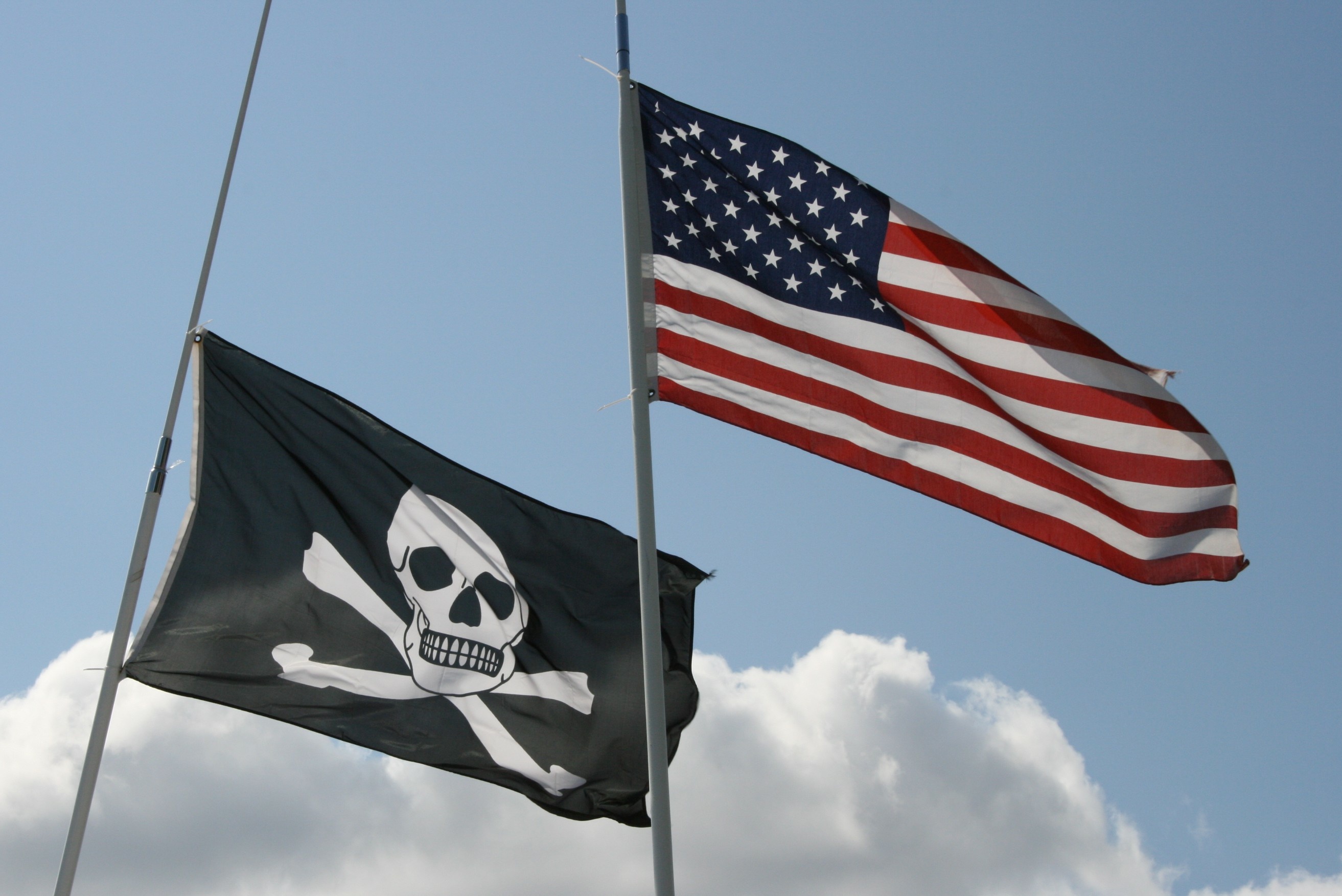Cruise Like You Care: Best And Worst Cruise Ship Lines

Cruise ships are, environmentally speaking, one of the very worst ways to travel. They suck up tons of energy both in and out of port, spew diesel particulate matter harmful to human health, and dump untreated or poorly treated sewage overboard into marine habitats. Yet Americans hop aboard in the millions – almost 10 million took cruises from North American ports last year.
If you’re determined to cruise with the masses, check out this report card issued last month by Friends of the Earth. It’ll help you choose the lesser of evils. The NGO rated ten major cruise lines in the following categories:
Most cruise lines scored – big surprise – dismally in all four categories. Even Holland America Line, which came in at first place with a “B” for an overall score, earned an “A” in sewage treatment, but a “C-“ for air pollution reduction, and a “B” for water quality compliance.
At the other end of the spectrum, Disney’s two existing cruise ships, the “Disney Wonder” and the “Disney Magic,” both earned “F”s across the board. Not so magical after all, and not very wonderful either. The company has told Friends of the Earth that they plan to install advanced sewage treatment systems on both the Magic and the Wonder by 2010, as well as on two news ships slated for completion in 2011 and 2012. Disney has also said they’ll built the new vessels to be shoreside plug-in capable, so that they don’t have to burn coal when they’re in port. All important steps in the right direction, but a week on board the SS Disney is just not going to have the CO2 footprint of a magic carpet ride anytime soon.
So next time you feel the urge to plan a nautical adventure, consider a less carbon-intensive mode of marine transport, and stick close to home if possible. Explore Maine by sailboat, Florida by catamaran, outfit the family with rented kayaks. Your biceps and quads are your best engines.




